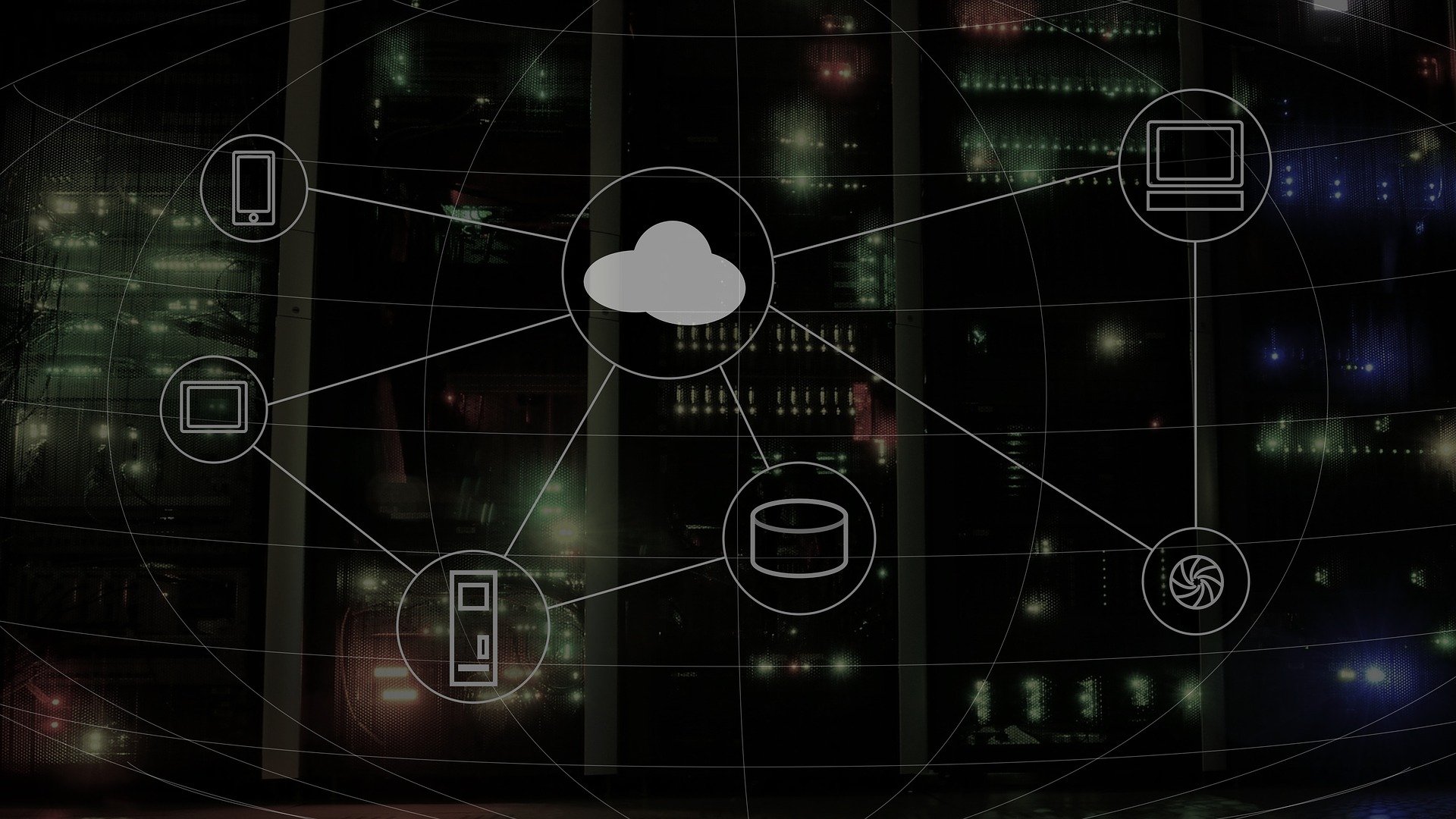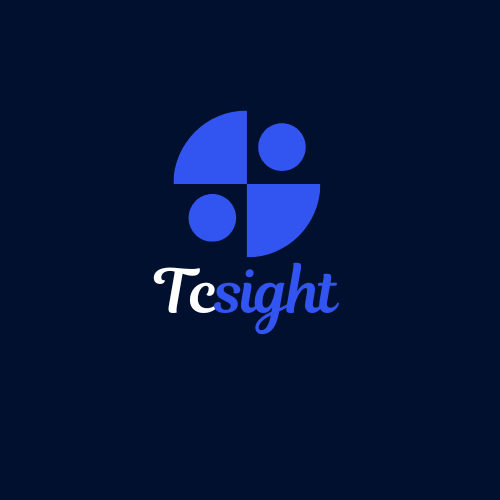In the evolving landscape of cloud computing, businesses now have numerous choices when it comes to leveraging cloud services tailored to their specific needs. Notably, major cloud providers—Amazon Web Services (AWS), Microsoft Azure, and Google Cloud Platform (GCP)—offer a variety of specialized computing services. These are designed to address unique challenges and foster innovation. Whether focusing on serverless computing or advanced machine learning, these offerings can significantly enhance operational efficiency and scalability. Therefore, this article explores the distinctive computing services provided by these leading platforms. Additionally, it offers insights into how each can fulfill different business requirements and transform your digital strategy. By understanding the key features and benefits of these specialized services, you will be empowered to make informed decisions and optimize your cloud infrastructure.

Amazon Web Services (AWS)
Amazon EC2
A robust platform for running instances in the cloud Amazon Elastic Compute Cloud (EC2) delivers . With a diverse range of instance types, EC2 accommodates various workloads. These workloads range from compute-intensive tasks to data-intensive applications. Furthermore, EC2 features auto-scaling, load balancing, and customizable configurations. As a result, it ensures optimal performance and scalability.
Key benefits of using Amazon EC2 include:
- Wide Variety of Instance Types: Choose from compute-optimized, memory-optimized, and storage-optimized instances to match your specific needs.
- Scalability: You can easily scale your instances up or down to accommodate changing workloads.
- Flexibility: Additionally, you can customize your virtual machine configurations to meet your requirements.
- Operating System Compatibility: Moreover, you can run Windows, Linux, or custom AMIs on EC2 instances.
- Cost-Effective: Pay for only the resources you use, with flexible pricing options.
Ideal use cases for Amazon EC2 include:
- Web Servers: You can host websites and web applications.
- Databases: Run databases, including relational and NoSQL databases.
- Enterprise Applications: Furthermore, you can deploy and manage complex enterprise applications.
- Big Data Processing: You can handle large datasets and perform analytics.
- Machine Learning: Additionally, you can train and deploy machine learning models.
By leveraging Amazon EC2, you can build and deploy scalable, reliable, and cost-effective applications in the cloud.
AWS Lambda
AWS Lambda transforms serverless computing. It enables developers to run code in response to events without managing servers. Moreover, this service scales automatically with demand, making it ideal for tasks like processing real-time data, handling file uploads, or running back-end services. Consequently, by removing the need for server management, Lambda reduces operational overhead and simplifies application development.
Amazon SageMaker
For businesses exploring artificial intelligence (AI) and machine learning (ML), Amazon SageMaker provides a comprehensive suite of tools. SageMaker streamlines the entire ML workflow, from data labeling to model training and deployment. Additionally, its features include automated model tuning and integrated Jupyter notebooks. These features enable data scientists and developers to build and deploy sophisticated ML models efficiently.
Amazon Aurora
Amazon Aurora is a high-performance relational database service. It merges the speed of commercial databases with the cost-effectiveness of open-source databases like MySQL and PostgreSQL. Aurora also offers automated backups and fault-tolerant replication. Consequently, it ensures reliability and scalability for high-traffic web applications and mission-critical databases.
Microsoft Azure
Azure Functions
Azure Functions provides a serverless compute environment similar to AWS Lambda. It allows users to run code in response to specific triggers. Additionally, it supports various programming languages and integrates seamlessly with other Azure services. As a result, Azure Functions is a powerful tool for building event-driven applications and automating workflows.
Azure Machine Learning
Azure Machine Learning offers an end-to-end platform for developing and deploying ML models. In particular, features such as automated machine learning (AutoML) and a collaborative workspace for data scientists make it ideal for creating predictive models, analyzing data, and integrating AI into applications to drive business insights.
Azure Cosmos DB
Azure Cosmos DB is a globally distributed NoSQL database designed to deliver high availability and low latency. Moreover, it supports multiple data models, including document, key-value, and graph. Therefore, it’s well-suited for applications that require seamless data access across various regions. Its global distribution capabilities make it a strong choice for IoT applications and globally distributed services.
Google Cloud Platform (GCP)
Google Cloud Functions
A serverless execution environment. such has Google Cloud functions It lets developers run code in response to events without provisioning servers. Furthermore, it integrates with Google’s cloud services and scales automatically. This makes it an effective solution for real-time data processing and creating API services.
BigQuery
BigQuery is GCP’s fully-managed data warehouse. It enables serverless data analysis with real-time querying capabilities. Specifically, it’s designed for handling large-scale data analytics and business intelligence tasks. With its high-performance architecture, BigQuery allows organizations to gain actionable insights from vast amounts of data quickly and efficiently.
Google Kubernetes Engine (GKE)
Google Kubernetes Engine provides a managed Kubernetes environment. It simplifies deploying, managing, and scaling containerized applications. Additionally, with automated upgrades and built-in scaling, GKE simplifies the management of containerized applications. This makes it ideal for running microservices and complex applications with high availability requirements.
Conclusion
Selecting the right specialized computing services from AWS, Azure, and GCP can significantly enhance your cloud strategy. Doing so enables you to tackle unique challenges and drive innovation. Each provider offers distinct services tailored to various needs, from serverless computing to advanced data analytics. By understanding the strengths and features of these specialized services, businesses can make informed decisions. Ultimately, this will optimize your cloud infrastructure and accelerate your digital transformation journey.


